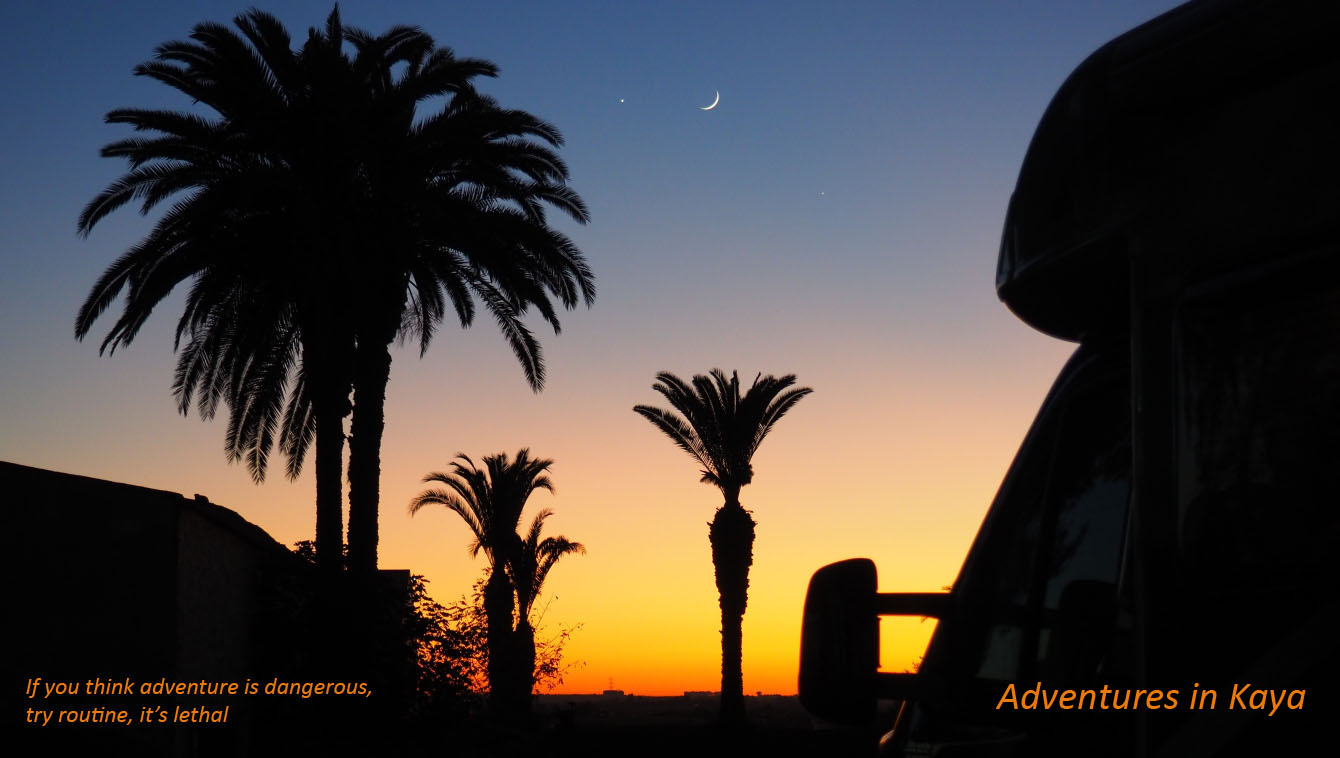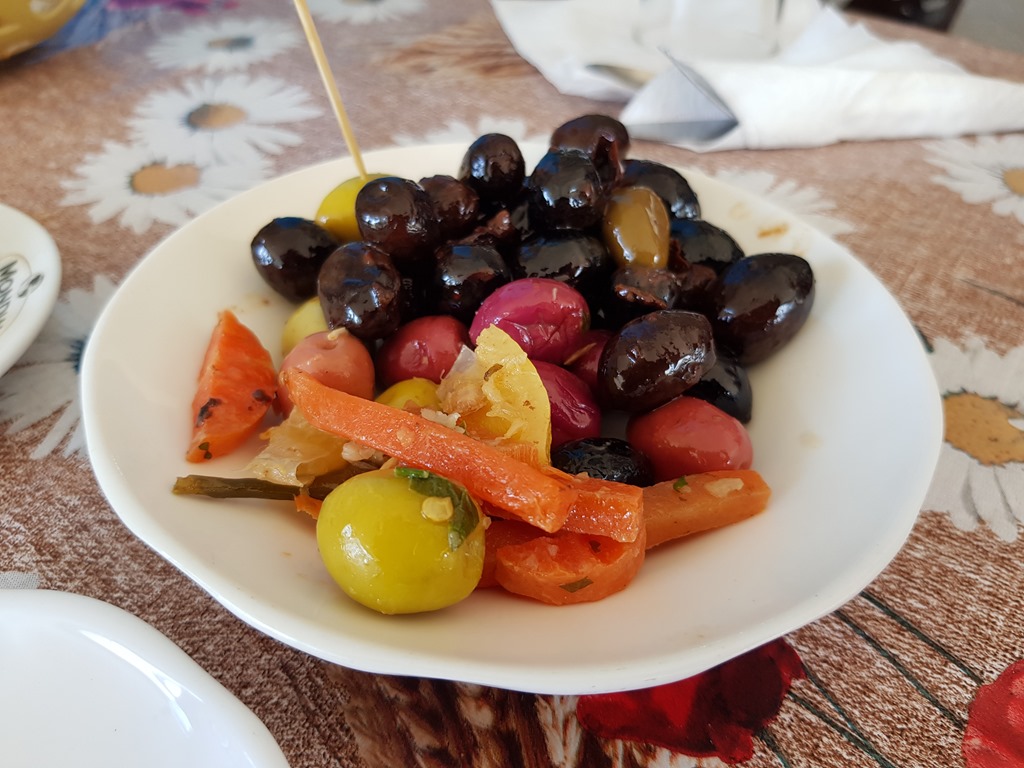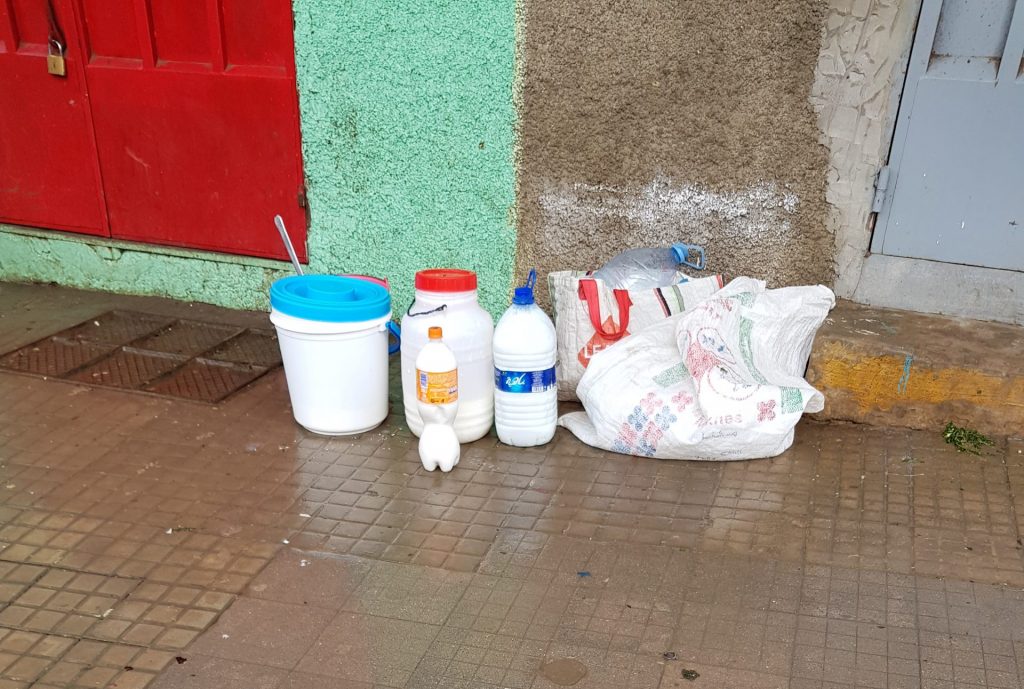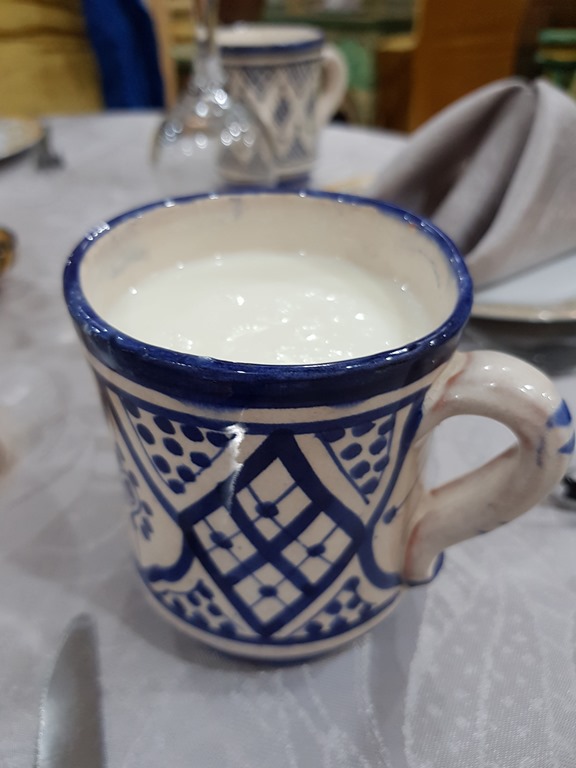How to help you enjoy local food & street food away from home
Fermented Food
You’ll find they make their appearance fairly often on the menu in Morocco. It is a simple way of preserving food produce that doesn’t rely on refrigeration but instead uses cultures, bacteria (good ones!) and/or salt to create a soured or pickled-tasting food. You may have come across this at home if you have eaten sauerkraut or kimchi, perhaps even drunk kefir or kombucha. You’ll more than likely have had live yoghurt which falls into this category too. But here’s the rub. If your gut is not used to fermented food and especially those that haven’t been pasteurised, eating too much of it can make you extremely gassy and give you, how does I put this delicately, the runs! It’s quite possibly not because the food is bad or the hygiene poor, but likely because you are eating lacto-fermented foods. Or perhaps more than a fair share! (been there, done that…..continue to do it…..regularly LOL). It is worth noting that high temperatures destroys any fermentation bacteria hence why pasteurised or cooked fermented food doesn’t cause problems.
Some more examples of fermented food that we have come across in our travels: olives sometimes also with “pickled” vegetables served as an appetiser or with food, harissa, preserved lemons and leben or kefir (yoghurt-like drinks).
Our guidelines
If you come across any pickle-tasting or salty foods or yoghurt looking drinks, don’t avoid them as they are totally delicious. Just make sure that you introduce your gut to them a little at a time. Start with a tablespoon or 2 and if your gut doesn’t react, keeping adding a bit at a time till you can drink a cupful or eat a plateful without a reaction. Been there, done that ……without even trying….more times that I care to admit because we love them!
As an addition to the subject of “traveller’s tummy” which can be particularly unpleasant and nasty, here’s what we believe has kept us bad-bug free in all our travels:
1. We don’t eat in restaurants or hotels catering for tourists especially out of season – food can be left lying in the sun or kept warm in bain maries for hours while they wait for customers!
2. We don’t eat in empty restaurants or establishments
3. Street food is fabulous and usually really cheap and authentic. We always look for busy stalls where turnover is high and the locals trust the vendors
4. In a restaurant/establishment look out for or ask for a sink & soap to wash your hands – all the locals do it too. You may get a basin and soap powder brought to the table!
5. We always carry anti-bac wipes and /or wash in case there’s nowhere to wash our hands before eating
6. Look out for fermented foods (pickled or sour tasting) and introduce them a bit at a time
7. We brush our teeth every day with tap water – no swallowing, mind! – just a wash, gargle and rinse and graduate to drinking local water as long as the locals drink it too
8. If in doubt, wash your fruit/veggies with Miltons (follow instructions & contact time is a minimum of 15mins before drying). This is a food grade anti-bacterial and steriliser safe enough for babies, so totally safe enough for you!
9. I carry paper bags with me or keep any that I get in the shop and veggies that are stored in the fridge are put in a paper bag first. This also helps with length of storage. As veggies begin to spoil, they can act as a breeding ground for harmful bacteria such as salmonella, listeria and E. coli. The paper bag absorbs some of the condensation and the “water” given off by the veggies to keep them dry and in a better condition for storage
10. We think that money in Africa is in circulation far longer than in European countries because at times it can be really grubby and dirty looking. People can often temporarily secure money in unmentionable places and along with this, it is handled by millions of hands. It can be a rich store of those germs we absolutely don’t want. But we need to handle money. We don’t get squeamish about it. We swap it, use it and change it. But we are fairly fastidious about using anti-bac wash or wipes after a morning in the market or before we eat or drink.
On a last note: The real, proper bugs that make you ill with D&V for example like E.coli, salmonella, listeria and campylobacter affects everyone…. including the locals! So if you think you have been infected by bad hygiene with food or bad food then chances are you won’t be the only one. So we always trust where locals eat as far as hygiene is concerned.
BTW, this isn’t intended as medical advice nor is there any scientific backing for what we do. Just some common sense rules that we believe have kept us enjoying our holidays AND being able to experience the magic of truly local food.




Paul Wardell
4 December , 2019 at 09:10Excellent advice.
Cheers guys, looking forward to catching up with you soon. X
JanR
4 December , 2019 at 09:32Thanks, Paul. See you soon 🤞 x